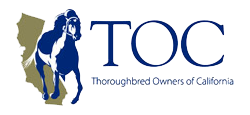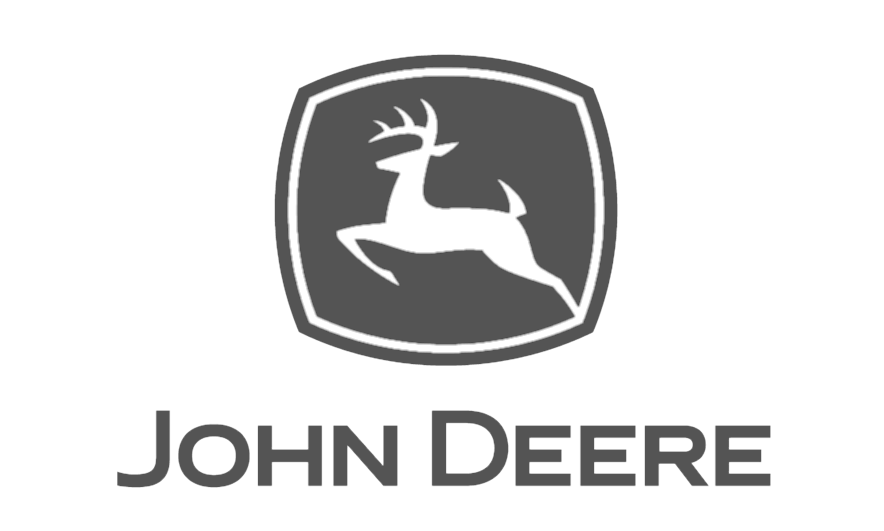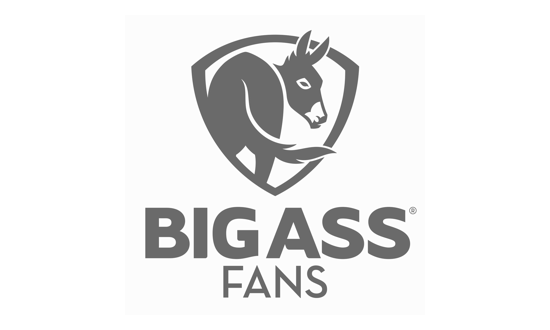Answers to Some “Taxing” Questions
By David Frith-Smith
I’m involved in a racing partnership that has recently purchased a yearling at the September sales. When is this horse considered placed “in service” for depreciation purposes?
In most instances, a horse is placed “in service” when it begins the activity for which it is purchased. In racing, this means either when it begins training (for racing stock) or when it arrives at the farm (for breeding stock). In most instances, yearlings are placed “in service” when they begin their “breaking and training”, usually in the fall of their yearling year.
What should I do to prove that I “materially” participate in my horse business?
Proving that one :materially participates” in their horse business allows one to be considered an “active” participant and thus deduct losses incurred in the business against other forms of income, effectively reducing one’s year-end taxability. Material participation occurs when the taxpayer participates in the activity in excess of 500 hours per year. This test can also be met if the taxpayer participates more than 100 hours per year, and this participation constitutes “substantially” all of the time necessary to conduct the activity. “Substantially” is defined as 75% of the time necessary to conduct the activity. Documentation should include writing records as evidence of your efforts, including bookkeeping; approving sales claims, or purchases; viewing workouts; meetings with trainers, jockeys, or breeders; time spent at the races, etc. Examples as evidence include daily logs and/or business calendars.
What is the capital gains holding period for racehorses?
Usually, the capital gains holding period for racehorses begins when the horse is purchased or born, and ends when it is sold. Gains from the sale of the racehorse qualify for a lower tax rate if held for the required period, which is two years for racehorses.
I purchased a weanling at the November breeding stock sales in Kentucky. and am curious to know if I have to pay California sales tax on the purchase?
State sales tax is imposed in the state in which the horse owner takes delivery. California will not impose sales or use tax if you do not ship the horse to the state during the first 90 days of ownership. In the event that the horse is moved to California during this 90-day period , sales tax can be avoided if the horse is moved outside of California for a majority of the first sic months after purchase.
What is the Los Angeles County Tax on Racehorses?
California has adopted a special uniform tax code for racehorses, which is levied at a county level – the tax is imposed in the county in which the horse is located on January 1st. In Los Angeles, the tax is based upon the horse’s earnings, and ranges from $20 – $150. The LA County Assessor’s Office, which issues the “Annual Racehorse Tax Return” form can be reached at 213-974-2111 for direct answers.
David Frith-Smith is a certified public accountant and a partner at Frit-Smith & Archibald, LLP located in Tarzana, CA.






